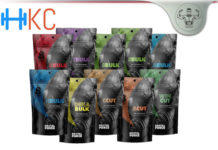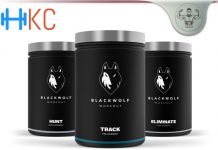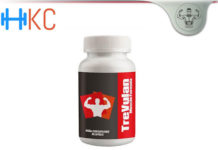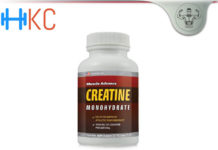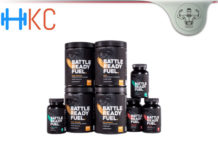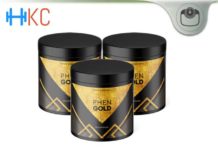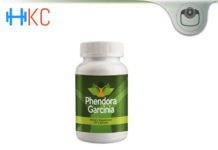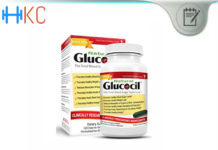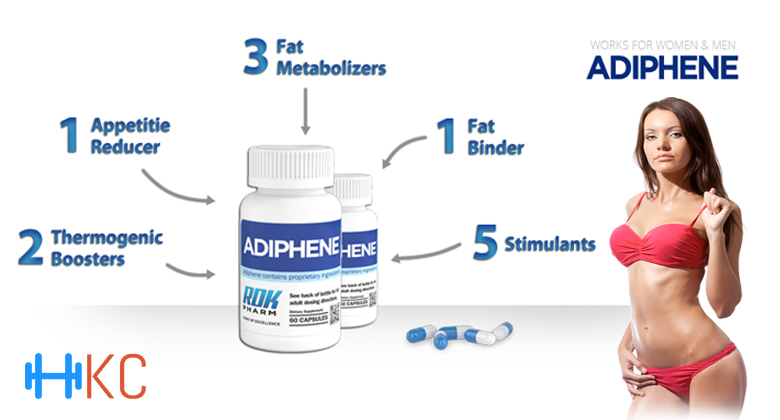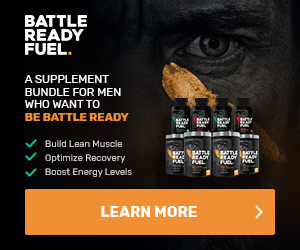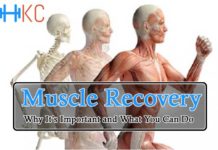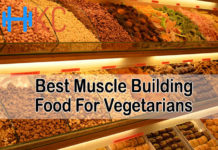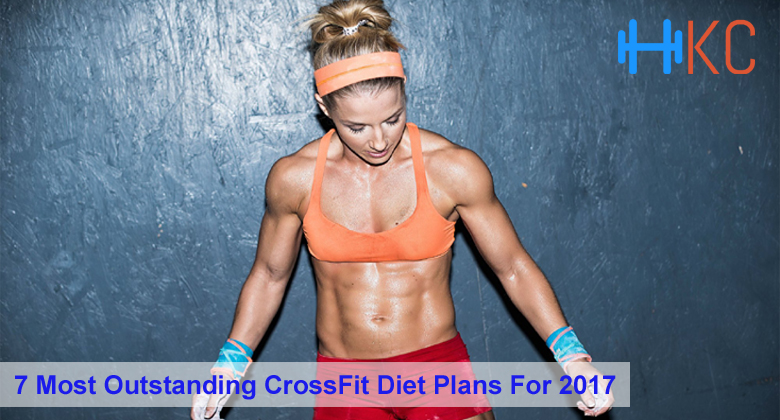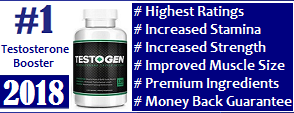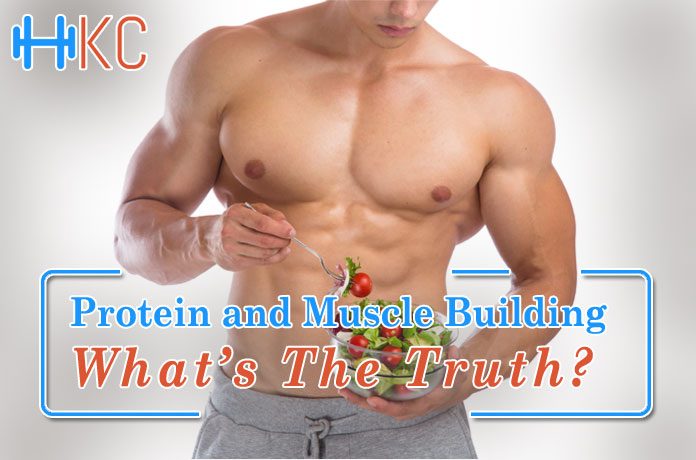
Protein and Muscle Building: What’s The Truth?
When looking for muscle-building ideas on the internet, you’ll be overwhelmed by the tons of information about how to work out, how and what to eat, and what supplements speed up muscle building and strength.
Where is the truth? Does eating protein help to build muscles? Will eating more proteins help your body gain muscles faster? How much protein is too much? How much of it do you need?
The truth is, diet is an important factor, in addition to exercise when it comes to building muscle and staying healthy.
In this article, you are going to learn how the right amounts and types of protein can help you build muscle.
Protein and Muscle Building: FAQs
Before we get into more details, here are some of the most frequently asked questions about protein and muscle-building, backed by science.
Does protein cause muscle growth?
A high-protein diet, combined with strength training is essential for building muscle. However, if you consume too much protein, it can be harmful to your health. For example, too much protein can lead to intestinal discomfort, indigestion, bad breath, and even dehydration Furthermore, you could experience things like exhaustion, irritability, and nausea. And, if you consume massive amounts of protein, then you risk cardiovascular disease, obesity, and damage to your liver and kidneys. However, when you consume different kinds of protein as part of a balanced diet that is paired with strength-training, you can reap various health benefits, including an increase in lean muscle mass.
How do proteins help build muscle?
When you take a shake of whey protein diluted in cold water or milk 30 minutes after you finish your strength training session, your bloodstream will be nourished with amino acids. These are the building-blocks of protein, and they are transferred into your muscle cells to facilitate the growth of new muscle tissue. You can boost your intake with another protein shake later in the day, but don’t overdo it.
What happens if you eat too much protein?
As mentioned earlier, consuming too much protein can be detrimental to your health. So, you need to find a balance. Some people may engage in a keto diet, where they consume more proteins and fewer carbs. This can cause your body to go into a state of ketosis, where it starts to burn fat for energy. You can lose weight in this way, but even then, , any excess protein could be stored as fat and the extra amino acids are eliminated from the body as waste. Over time, you may start to gain weight from those extra calories. Furthermore, if you attempt to eliminate carbs from your diet, then you may develop certain vitamin deficiencies.
Does protein powder help you to gain muscle?
You can benefit from consuming protein powder shakes after strength training sessions. Just remember that protein isn’t the only requirement for building muscle – you need to exercise, too. Protein works by repairing torn muscle during exercise and that’s how your body gains muscles.
How It Happens
It’s worth noting that your body can’t gain muscles by just eating more protein. There are other various things you must do to build muscle. We already covered how important it is to work out rigorously, and to include strength training sessions. Additionally, you should eat foods rich in nutrients such as complex carbs and vitamins. These foods include fruits, vegetables, and whole grains.
Ideally, you should consume proteins that contain all of the amino acids required by human beings. Otherwise, your body will need to convert some amino acids into others, and you won’t burn energy efficiently.
Usually, when you engage in strenuous exercise, some muscle tissues are torn. Your body then converts the proteins you eat into amino acids that repair those torn muscle tissues. The result is that your muscles grow bigger and stronger, in order to resist future damage.
The Required Amount of Protein for Muscle Building
As a rule, you should take protein in moderation. If you consume too much protein, its side-effects could lead to health problems like kidney stones and obesity due to the fat stored in your body. However, if you consume too little protein, then your body will take longer to gain muscle.
Generally, nutritionists recommend that average people should exercise regularly, and consume 0.7 grams per pound, or 1.6 grams per kilogram fof bodyweight. Athletes and people who engage in more strenuous exercises should consume 1 gram of protein per pound of body weight, or 2.2 grams of protein per kilogram of bodyweight.
Sex, height, and current weight are also other factors that determine how much protein to use per day. Generally, men should consume more protein than women. If you aren’t sure how much protein you should eat per day, then seek expert advice from a dietician or nutritionist.
People at the gym may tell you that to build muscles faster you need to overload on protein, but that’s a fallacy. It’s true that you need to boost your intake, but keep it within healthy boundaries. In addition, think twice before you forgo carbohydrates and maximize your protein intake. You risk your overall health and wellbeing when you do this, and could face major health risks.
Generally, if you consume more than 30 percent of your total caloric intake in the form of protein, you can put your body into a state of ketosis. This high protein intake triggers the accumulation of harmful ketones. These toxic ketones must be processed by your kidneys, and excreted. When you are in a state of ketosis, you risk putting undo stress on your kidneys. This is what can lead to dehydration, kidney stones, and possibly kidney failure. But that’s not all. When you are in a state of dehydration, you risk losing muscle and bone calcium. And, you put stress on your heart, since it has to work harder to send nutrients to different parts of your body.
What Else?
Even though too much or too little of protein can be harmful, we can’t deny the fact that our bodies need protein for various functions apart from muscle-building. Protein helps in the manufacture of enzymes and hormones, regulation of body fluid balance and other functions such as blood clotting, and building antibodies. It also assists in skin and hair growth, as well as cartilage and blood production.
Foods that are packed with protein include fish, eggs, cheese, and meat. However, you can get protein from vegetable sources, too. These include soy products, rice, corn, and beans. However, it is important to consume vegetable proteins in the right combinations. For example, combining rice with beans in a single meal will provide you with more essential amino acids than if you consume either of them individually.
How to Take Protein the Right Way
If you are looking to boost your muscle-building process, then you need to spread your protein consumption throughout the day. Some people in a bid to speed up their muscle-building process take too much protein in one meal and think that’s enough to achieve their goals. However, this can do more harm than good.Instead, include some protein during each meal and especially after finishing weight training or other strenuous exercise.
If you don’t have access to protein shakes, then try milk. It is one of the best drinks to take after a strenuous exercise because it not only contains protein but also vitamins and minerals like calcium to promote healthy bones.
Other alternatives to solid food you can take after finishing your strength training session are protein powder supplements. Just be sure to read the label, because not all powders are equal. Some of them may be incomplete proteins, while others may contain massive amounts of sugar and fat. So, be sure to read product reviews online, too. Get familiar with the brands that people trust, as well as the qualities to look for in a nutritional supplement.
The good thing is that everyone can make his or her own protein shakes at a relatively low cost. Dried milk powder is available in most supermarkets, and it’s a great source of protein. Just combine it with milk or water, and optionally add flavoring. Give it a good shake, and drink it after you finish your strength training.
You also need to consume carbs to boost your strength-building process. This will prevent your body from breaking down your muscles for energy, and it’s especially true if you are younger or if you have low body fat levels.
Here are a few healthy snacks that you can take after a strength training session:
- At least 500gm yogurt.
- A drink with low-fat milk or banana.
- At least 30gm protein powder- you can supplement this with a banana or a honey sandwich in the absence of carbohydrates.
Final Word
Muscle building is not an easy process. In fact, for some people, it can be hard to almost impossible. To speed your muscle building process, try some of the ideas in this article. Remember, don’t overdo it, stay healthy, and work out every week. Not only will you build muscle, but you may live a happier, healthier, and longer life as a result.







